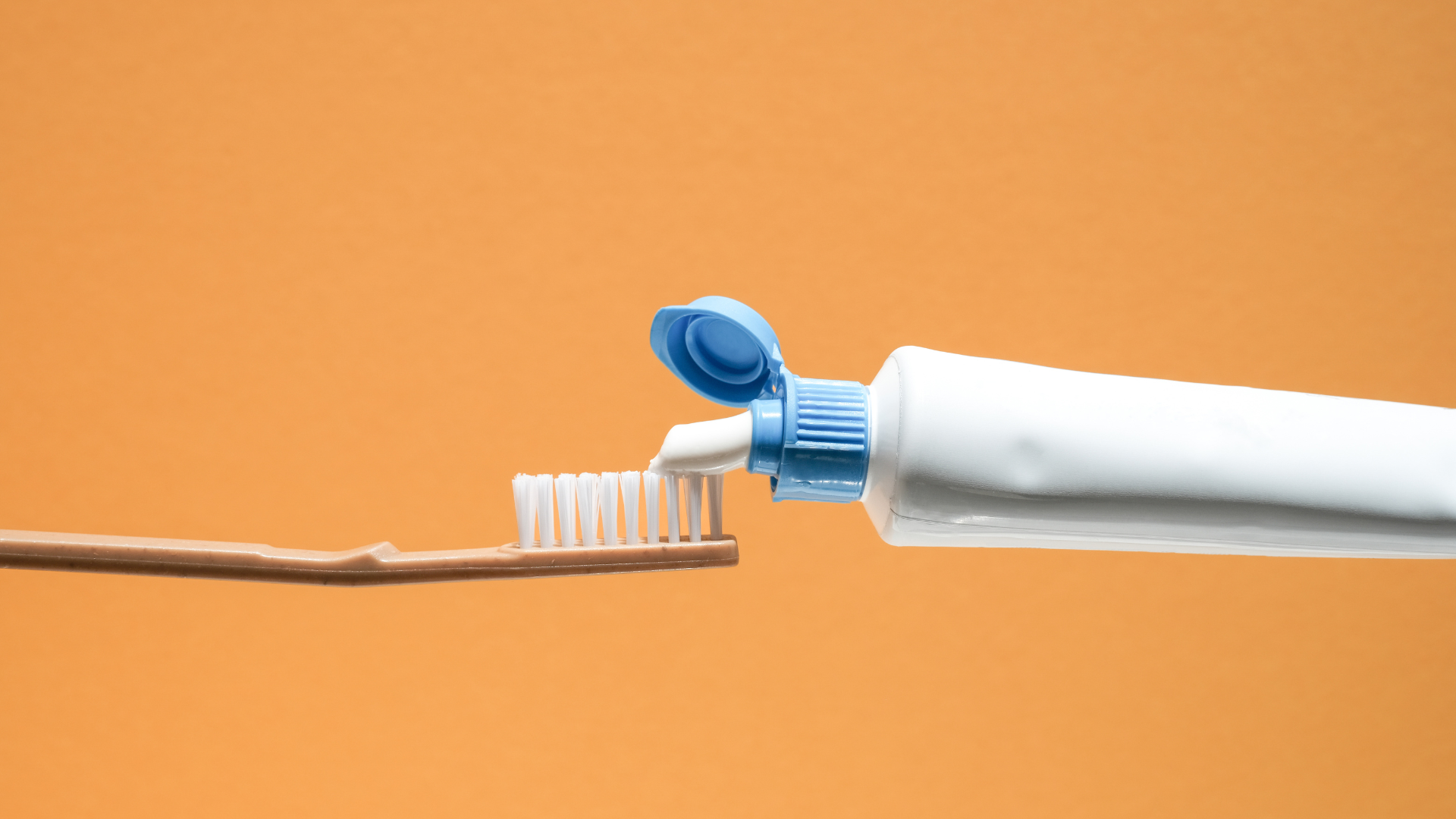
Did you know that maintaining good oral health is not just about having a bright smile? It could also be a crucial factor in reducing the risk of dementia. Recent studies have revealed a surprising connection between oral health and cognitive decline, with poor oral hygiene being linked to a higher risk of developing dementia.
How Oral Health Affects Brain Health
Poor oral health, such as gum disease (gingivitis) or tooth loss, can contribute to inflammation in the body. This chronic inflammation may spread to the brain, potentially leading to cognitive issues. Additionally, bacteria from gum infections can travel to the brain through the bloodstream or nerve pathways, increasing the risk of dementia-related conditions. Given that older adults are more prone to oral health problems, taking care of your teeth and gums becomes even more vital as you age.
Research and Support for Oral Health and Dementia
Research indicates that bacteria from oral infections may have a direct impact on cognitive health. Understanding this link can lead to better preventive measures and treatments for those at risk of dementia. With more studies exploring how oral health influences brain health, the connection is becoming clearer. It’s not just about treating cavities or gum disease—it’s about potentially preventing cognitive decline through proper dental care.
Programs that focus on educating older adults about maintaining oral hygiene play a crucial role in promoting overall wellness. Access to tailored guidance, regular dental care, and awareness about how oral health can impact cognitive function can make a significant difference in reducing dementia risk.
5 Tips for Maintaining Good Oral Health as You Age
Here are some tips to help maintain healthy teeth and gums, which can benefit your brain health as well:
- Brush and Floss Daily: Brush your teeth at least twice a day with fluoride toothpaste, and don’t forget to floss daily to remove plaque and food particles.
- Visit the Dentist Regularly: Regular check-ups and cleanings can help catch potential issues early and keep your mouth healthy.
- Stay Hydrated: Drinking water helps wash away food particles and bacteria, reducing the risk of gum disease.
- Eat a Balanced Diet: Consuming a diet rich in vitamins and minerals supports both oral and brain health.
- Avoid Smoking and Limit Alcohol: Smoking and excessive alcohol consumption can increase the risk of gum disease and tooth loss, which are linked to cognitive decline.
The Future of Dementia Research and Oral Health
As more is learned about the connection between oral health and dementia, there’s an opportunity to improve preventive care and overall brain health. Organizations like Baycrest are conducting research that expands our understanding of how oral health impacts cognitive decline. Their work aims to provide a holistic approach to aging, recognizing the importance of oral health as a key factor in maintaining cognitive function.
Related Articles: Brain Matters









